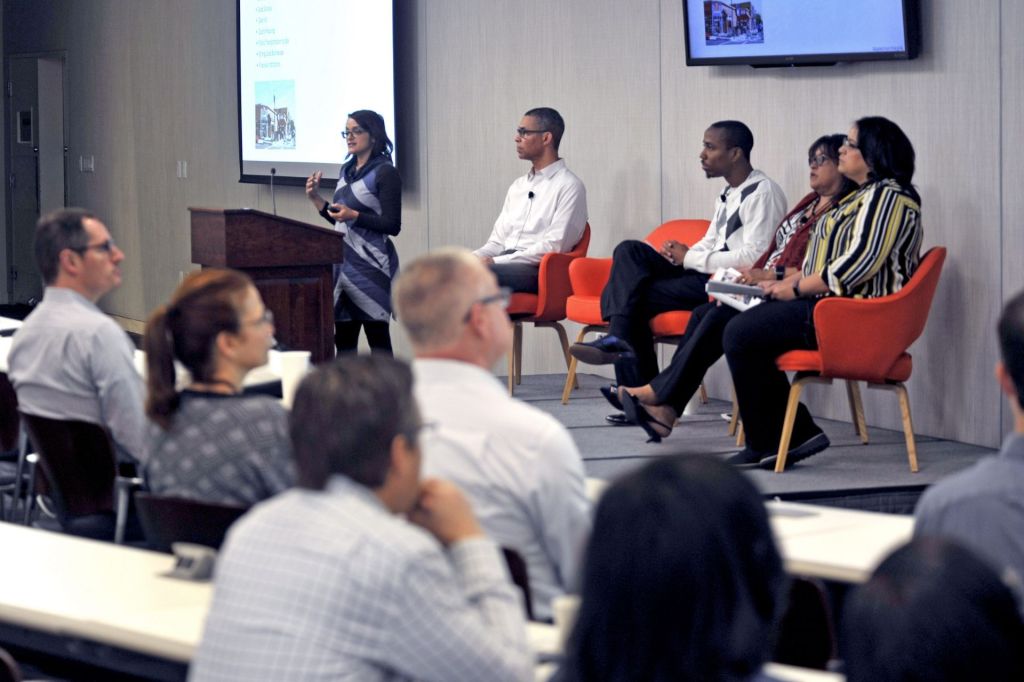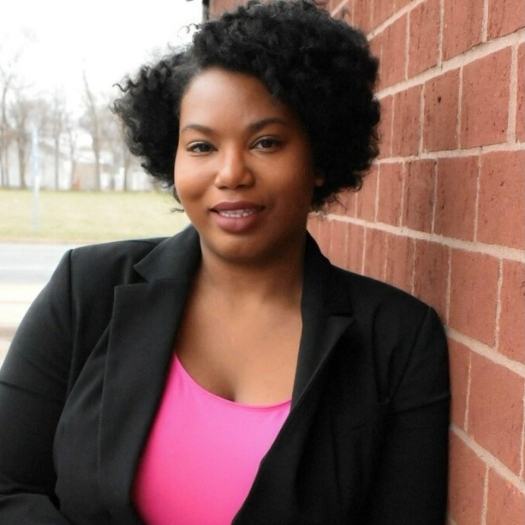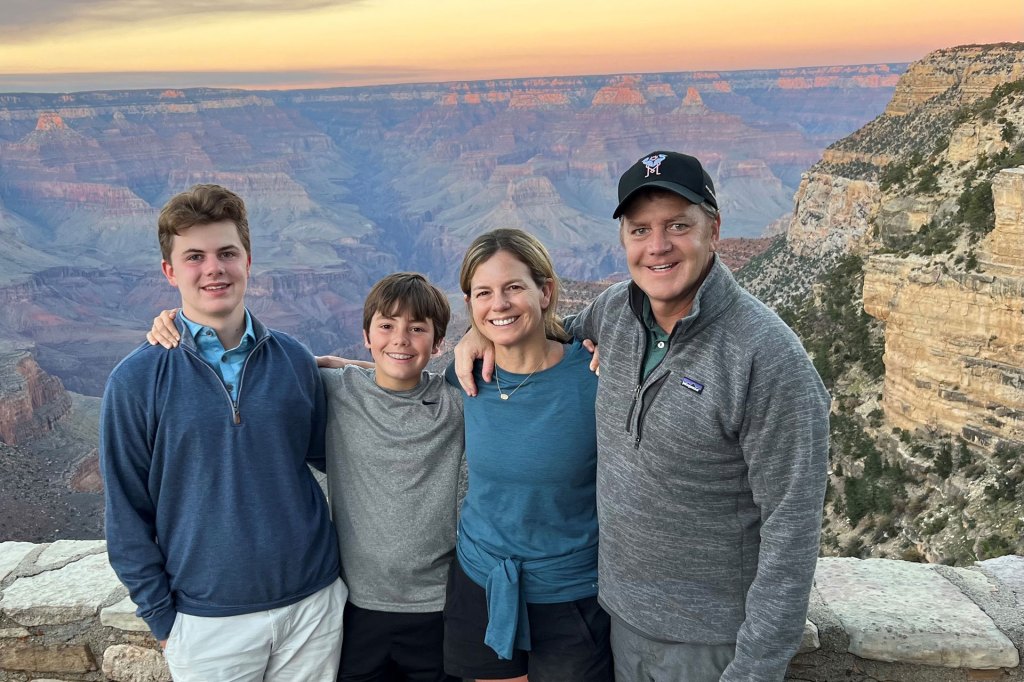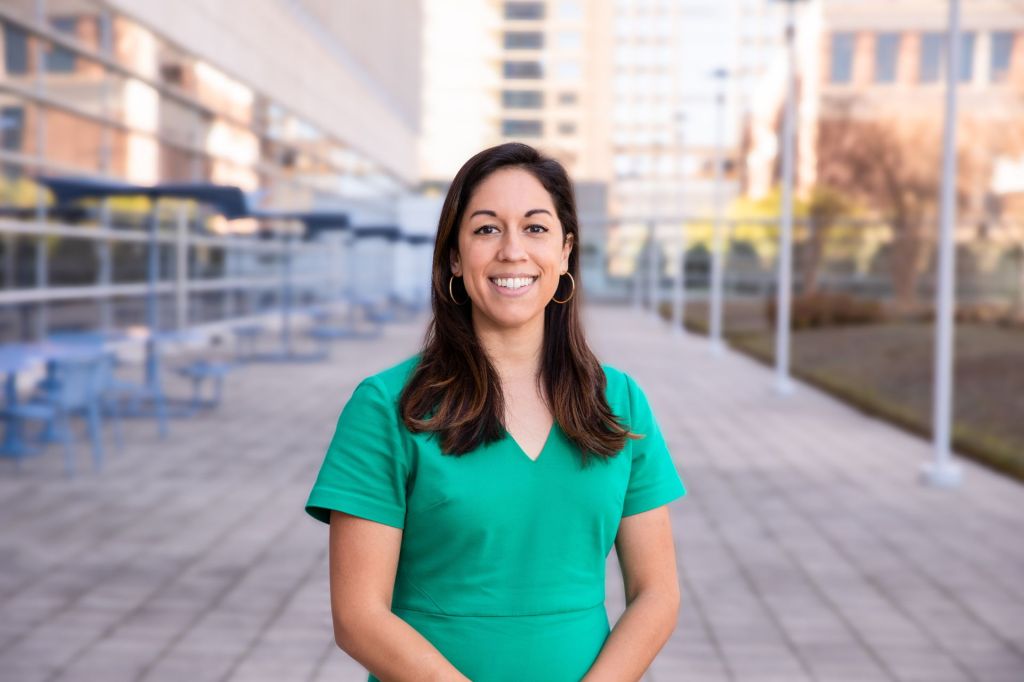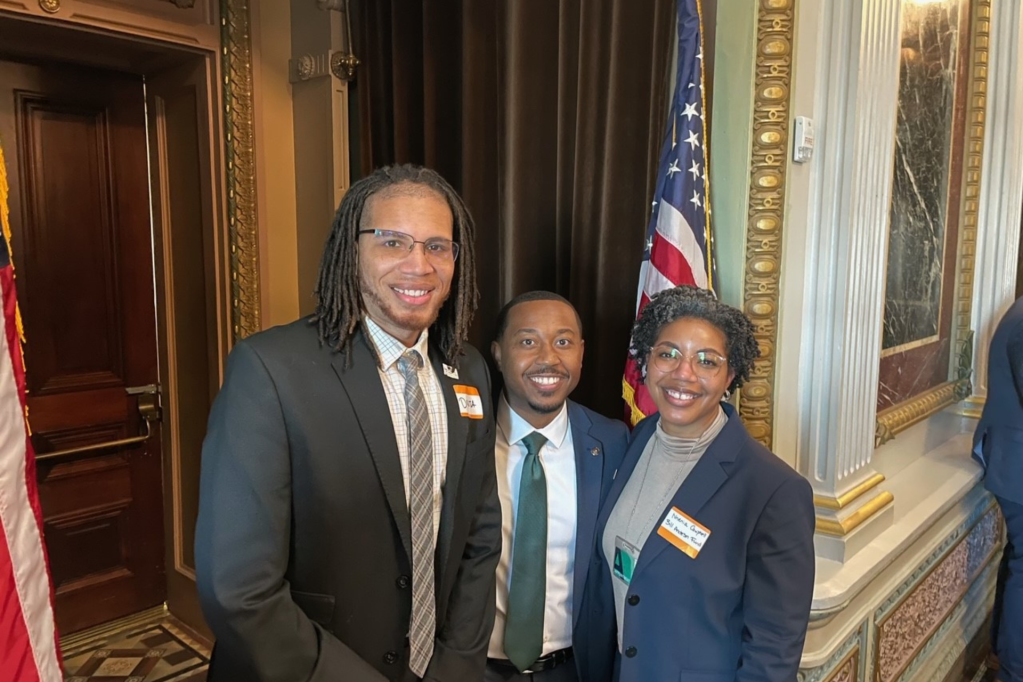Bina Shrimali, Vice President of Community Development, San Francisco Fed
In her work as a community development researcher at the San Francisco Fed, Bina Shrimali focuses on how inequities in the Bay Area affect residents’ economic, physical, and mental well-being. Having parents who came from two different social classes—her father was one of nine children from a low-income farming family, and her mother was raised in an upper-middle-class family—Bina saw examples of economic disparities from an early age. Her father, whose rise out of poverty was in part due to his education’s being sponsored by friends and family, would later sponsor his nieces and nephews, inviting them to stay with his family in order to improve their chances for a better life.
For Bina, the advantages of growing up in a safe, well-resourced neighborhood with access to quality education were apparent in contrast to the opportunities of her cousins. She often wondered, “Why do I have all of these opportunities? Why do my cousins on one side of the family have them, but my cousins on the other side don’t?” As she grew up, Bina realized she had similar questions about people outside of her family.
“It’s like we have two Bay Areas: one where people have opportunities, and one where people are working hard to get ahead, but economic, social, and educational systems are failing them.”
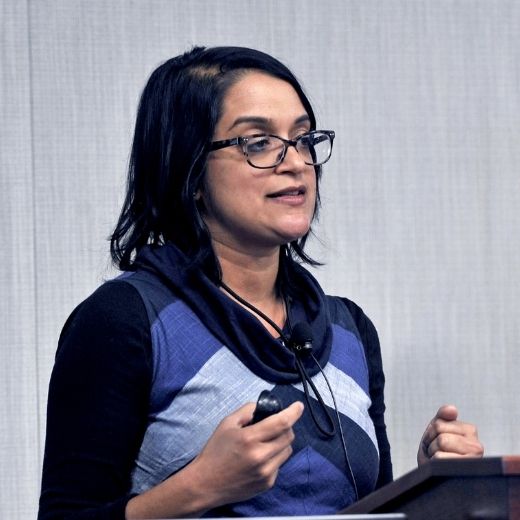
Fulfilling potential
Working in Oakland, California, further shaped Bina’s perspective about equity. “I realized it’s like we have two Bay Areas: one where people have opportunities, and one where people are working hard to get ahead, but economic, social, and educational systems are failing them. And the differences between these areas can mean decades of life expectancy.
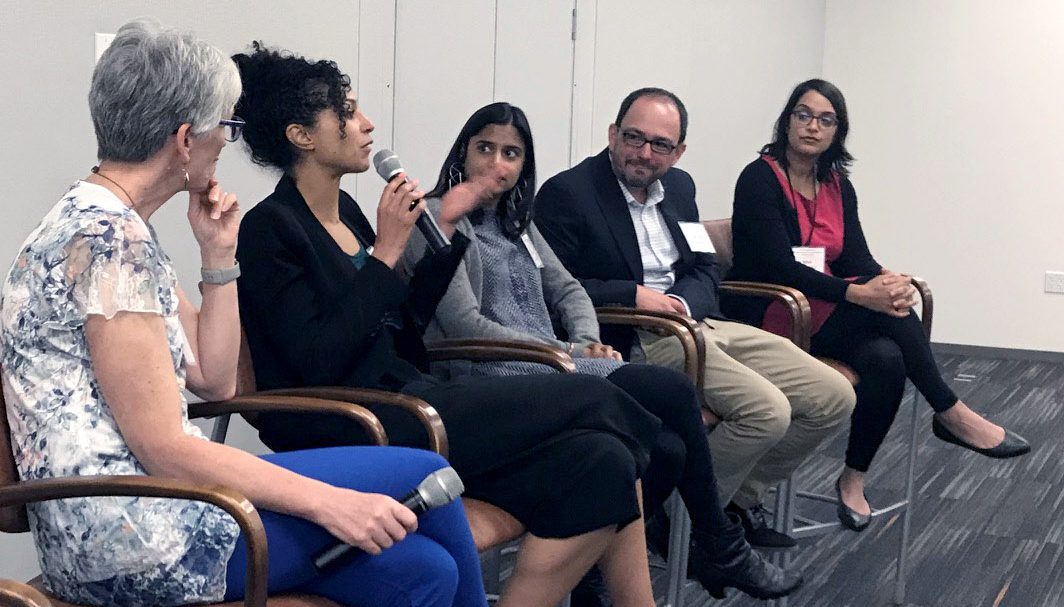
”One’s probability for success is not simply about individual choices, she notes. “A lot of talented people don’t get opportunities because of past or present racism. This can take many forms, like their attending schools that are not adequately resourced, applying for loans that are denied them, being offered jobs that don’t pay well, or experiencing discrimination in hiring.”
Today Bina is known for her policy- and practice-oriented research. Her work shines a light on issues such as the impact on family health of the housing crisis, student loan debt in the Bay Area, and undoing racism to grow our economy. The goal is to understand the factors that keep people from being healthy and successful and then provide solutions to address them, she explains.
“There’s so much potential in the world. You hear stories about people who don’t have a chance to fulfill a calling or achieve their full potential,” Bina states. “Trying to understand and right the factors that hold people back has always been my driving force.”

